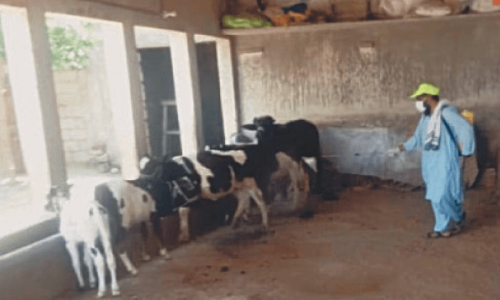RAWALPINDI: Left-wing activists and academics on Wednesday stressed the need for a new approach to progressive politics – one that takes into account the various aspects of class, gender and national contradictions in the country
Panelists at ‘Class, Gender, Nation: The Makings of Leftwing Politics in Contemporary Pakistan’, a political dialogue organised by the Awami Workers Party (AWP), agreed that the time was ripe for a renewal of left-wing politics, provided that past mistakes were corrected.
Political economist Akbar Zaidi said that two major developments had taken place in Pakistan: massive urbanisation and rural-urban integration in Punjab, Khyber Pakhtunkhwa and Sindh; and the diversification of incomes in various non-agricultural sectors.
Mr Zaidi said that as a result of the two aforementioned developments, new class groups have emerged, which progressives needed to analyse to determine what issues they can work with them on.
AWP political dialogue agrees time is ripe for a renewal of left-wing politics
He said advances in communications technology mean a more connected and aware population, which is an asset that could be utilised. He said new forms of radical politics, both in terms of form and content, had to be considered.
Afiya Shehrbano Zia said that over the past few decades, the question of women’s rights had been largely confined to NGOs, and it was now time that these questions were re-politicised.
She said it was tragic that some women’s organisations had become proxies for donor’s agendas. She added that while it was true that NGOs served the neoliberal capitalist order, the left had to work with people from NGOs and bring them towards more radical, progressive politics.
She said the role of the state with regards to women and the left also had to be reconsidered, as the case is in many cases the only recourse for women seeking redress for their grievances.
Mr Akhtar said the “national question” remained a principal issue for the left to address, since the repression of national identity has been a basis of Pakistani statehood since its inception.
He said that even in the heyday of the left – in the 60s and 70s – the left was divided on the national question.
He also noted that the China-Pakistan Economic Corridor was a new challenge for progressives, and said the left was divided on whether to accept Chinese investment as a harbinger of industrial progress or resist imperialist designs explicit in the collaboration between the Chinese and the military.
Mr Akhtar said the principal contradiction in the country was military oppression, which he believed could provide some basis for progressive unity.
Summing up the proceedings, Ms Ali said it was essential for these kinds of conversations to continue in spaces across the country, with participation from all classes and all genders.
Published in Dawn, April 14th, 2016











































Dear visitor, the comments section is undergoing an overhaul and will return soon.